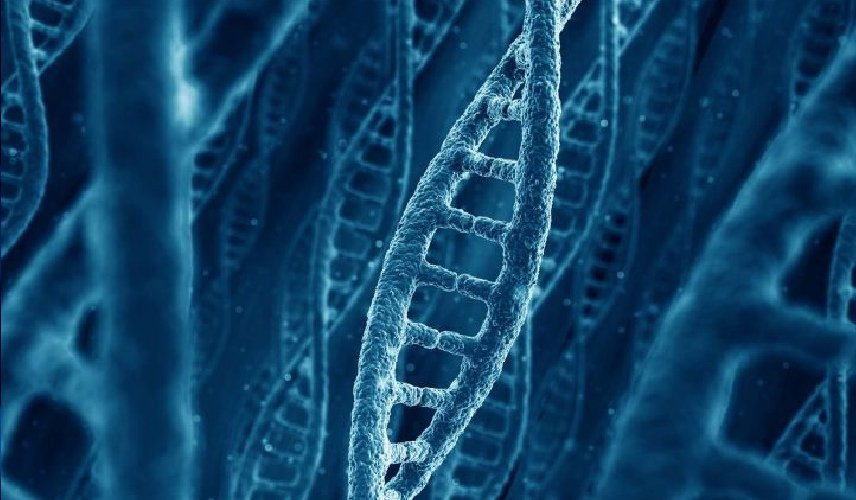What is PGT-M?
Preimplantation Genetic Diagnosis (PGD), also referred to as Preimplantation Genetic Testing for Monogenic/Single Gene Disorders (PGT-M), is a specialized genetic testing method used in conjunction with In vitro fertilization (IVF) to assist couples who are at risk of passing on a particular genetic disorder to their offspring. It increases the likelihood of selecting a healthy embryo by enabling the selection of embryos devoid of the genetic mutation.
How PGT-M works?
- Genetic Testing: A genetic test is first performed on one or both parents to determine the precise genetic mutation responsible for the inherited disorder of concern.
- IVF: The female partner receives ovarian stimulation and egg retrieval, while the male spouse supplies a sperm sample. Donor eggs or sperm may be used in some instances.
- Fertilization: To make embryos, eggs are fertilized in a laboratory setting.
- Biopsy:When the embryos reach a certain stage of development (typically the blastocyst stage), one or a few cells are carefully extracted from each embryo without injuring it. These cells are then analysed to see if they contain the relevant genetic mutation.
- Genetic Analysis: The cells from each embryo are examined to see if they possess the genetic mutation linked to the illness.
- Embryo Selection: Embryos free of the genetic mutation are chosen for transfer into the woman's uterus. This raises the chances of having a child who does not have the genetic disease.
- Embryo Transfer: The embryos that have been chosen are transferred to the woman's uterus, and if implantation occurs, a pregnancy can develop.
PGT-M testing is useful for couples who are known carriers of single gene illnesses such as cystic fibrosis, sickle cell disease, Huntington's disease, and others. It can considerably lower the likelihood of certain genetic abnormalities being passed down to their offspring.
Who is it for?
PGT-M is recommended for those who are at high risk of passing on a single gene abnormality to their offspring. You should think about PGT-M if:
- You and your partner both have the same autosomal recessive disorder (for example, cystic fibrosis).
- You have an X-linked ailment (for example, Duchenne Muscular Dystrophy).
- You or your partner have an autosomal dominant disorder (for example, Huntington disease).
- You or your partner have a mutation linked to a hereditary cancer syndrome (for example, BRCA1 & 2).
- You had a child or pregnancy that was affected by a single gene abnormality.
- You wish to do HLA matching.
PGT-M is a sophisticated and specialized technique that should only be conducted by skilled reproductive doctors and genetic counsellors. Individuals considering this option should speak with an IVF Expert who is aware about the procedure and the accompanying ethical and legal implications.
The specific techniques and regulations governing PGT-M may differ by country and location, therefore individuals considering this option should consult with reputed IVF Centre and IVF Expert who is informed about the treatment and the associated ethical and legal considerations.
We at CIFAR Intertility Centre, under Dr. Puneet Rana Arora, provide the best possible treatment and consultation.


